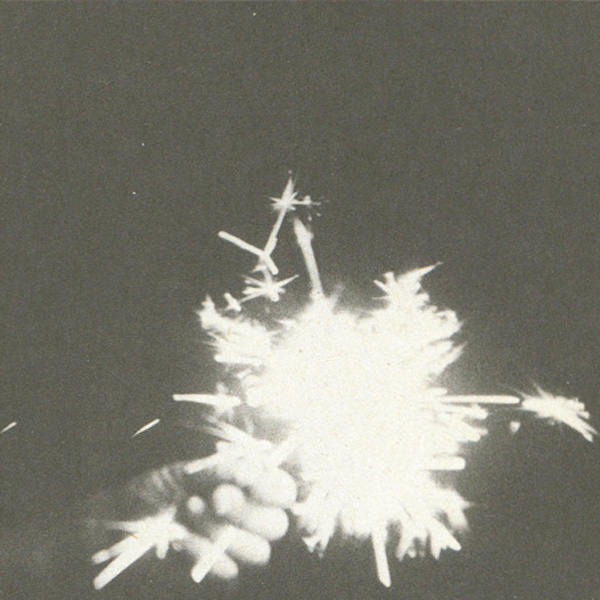The story goes Ross Gentry’s Villages project initially took its name from a “a really bright and colorful, beautifully distorted photo” of a television, on which only the word “villages” was legible. The photo looked, according to Gentry, the way he wanted his music to sound. It’s interesting, then, that when one gives a listen to Villages’ latest record Theories of Ageing the whole effort sounds so wholesome. Bright colors and beautiful distortion may be what Gentry aimed for, but he landed in a place far more stately, far more cloistered, far more removed from the commonplace strands of ambient music.
The record opens, appropriately, with “Date of Birth,” which centers itself on the sort of Hecker-esque wave of noise that tends to underpin the majority of the rest of the tracks. Though bearing the slightest running time, “Date of Birth” establishes the aging narrative that Gentry espouses. This is the moment of newness and novelty, the sound of creation as imagined in a sequestered cabin in the mountains. That, I suppose, is the overarching aesthetic that Gentry achieves–stated narratives aside. From “Date of Birth” and onward, Gentry fuses organic visions of swirling winds and flapping screen doors, the slightly unsettling twinkle of tactile noise augmented with brief cameos of organic instrumentation.
It is this sporadic use of piano, acoustic guitar, and banjo that separates Theories of Ageing from vast realms of ambient music–and indeed much of what could be considered as having achieved crossover into the consciousness of fans of indie music. Unlike Tim Hecker’s noisy wisps or Oneohtrix Point Never’s spacey explorations and harsh vocal samples, Villages embraces warmth and fullness. Hecker and Lopatin embrace the imagery of sparse abandoned wastelands, but when “Before Failures” breaks up the monotonic drones of the early part of the record, a humanity is introduced into Gentry’s bombinations that remains absent from much current ambient work. While lacking the hours-spanning ambition, Villages finds a most salient analogue in Natural Snow Buildings’ Dance Of The Moon and The Sun. Gentry’s compositions lack the massive scope, focusing instead on digestible pieces largely falling shy of the five minute mark, while still indulging in a more human approach to the creation of drones.
“Temper of The Age” is the most obvious standout, representing most handily Gentry’s integration of acoustic instruments in an ambient context. It’s largely centered around a big bassy hum, but what rides the exterior, and casually pops into the mix is what gives the track its character and keeps it from a stereotypical glassiness. Chimes blow in the wind, the distant plink of a reverbed guitar settles into the periphery, and Gentry’s trusty banjo creeps in like an inhabitant of that aforementioned cabin in the mountains. These are certainly brief moments, but the textures that they add to Gentry’s electronic leanings breath a bit of life into the tracks. The austere landscapes of Aidan Baker these are not. Gentry’s focus is narrower, but no less potent and certainly ages more inviting.
Though Gentry’s tunes still often rely on the underpinnings of noise, they’re a brief hush rather than an overwhelming roar. “Murmurous Words,” finds its home on the second half of the record, in the decline of life, the slow crawl from the middle age to death. It mirrors this in its haze, a formless tactile thrum that a weary piano weaves its way through. The melancholy of many an ambient piece is reflected in the gentle plink of the piano part, but Gentry’s drone–combined with the way it bleeds into the final piece of the triptych of guitar driven tracks (“Reclining Figures”)–maintains this homespun feel that many of his fellow travelers choose to shy away from.
As a result it lacks the monumental feel of the Heckers and the Natural Snow Buildings of the world. But despite an ambitious narrative, that doesn’t seem to be what Gentry is aiming for. Rather than attempting to create an obtuse and frigid cenotaph, Gentry’s composition is a blanket. He draws you in, both through the use of acoustic instruments and wraps you up rather than turning you out into the wasteland.

